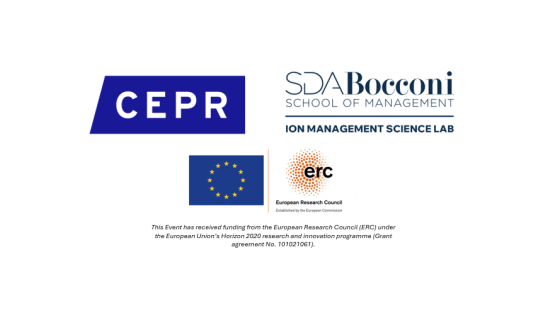DP17665 Anticipatory Anxiety and Wishful Thinking
We test the hypothesis that anxiety about adverse future outcomes leads to wishful thinking. Across four experiments (N=1,116), participants perform pattern recognition tasks in which some patterns may result in an electric shock or a monetary loss. Participants engage in significant wishful thinking, as they are less likely to correctly identify patterns that may lead to a shock or loss. Wishful thinking increases with greater ambiguity of the visual evidence and is only disciplined by higher accuracy incentives when accuracy depends on participants' cognitive effort. Wishful thinking is heterogeneous across and stable within individuals.


